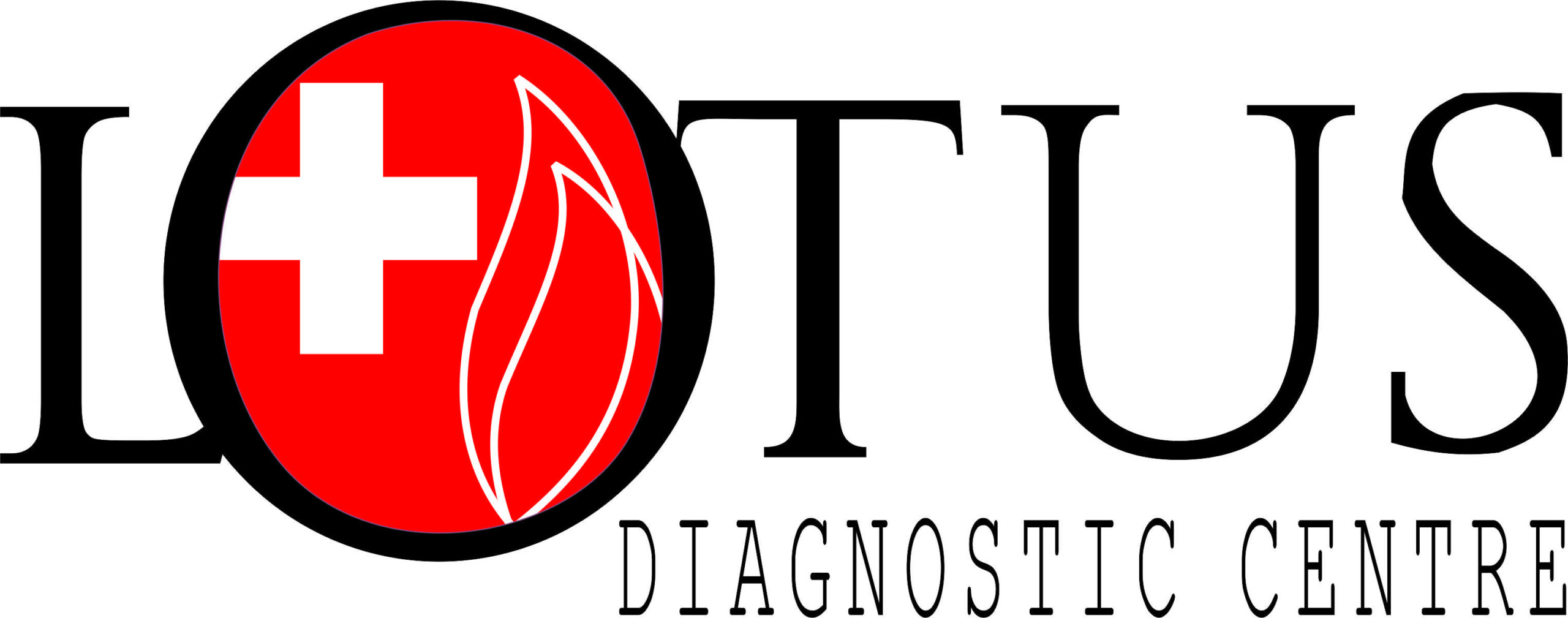In today’s fast-paced world, where stress has become an inseparable part of our lives, it is crucial to prioritize our cardiovascular health. Heart diseases are a leading cause of mortality worldwide, requiring individuals to undergo regular heart checkup packages, including cardiac and full body checkup. Among the various diagnostic tools used, stress tests, also known as TMT (Treadmill Test), have emerged as an effective evaluation method for assessing cardiac function.
In this blog, we will explore the importance of stress tests in evaluating cardiac function and their integral role in heart health checkups.
What Are Stress Tests?
Stress tests are non-invasive procedures that measure the heart’s response to physical exertion, mimicking the stress the heart experiences during daily activities. It involves monitoring the heart’s electrical activity, blood pressure, and other vital signs while the individual exercises on a treadmill.
Significance of Stress Tests
- Evaluating cardiac function: Stress tests provide valuable insights into the heart’s ability to cope with increased demand during physical activity. They help assess the heart’s overall health, including its response to exercise and oxygen supply, allowing early detection of abnormalities.
- Identifying underlying heart conditions: Stress tests aid in detecting various heart conditions such as coronary artery disease, arrhythmias, and heart valve problems, which may not be evident at rest.
- Assessing the effectiveness of treatment: For individuals with known heart conditions, stress tests help evaluate the effectiveness of ongoing treatment plans, medication, or interventions.
- Risk stratification: Stress tests assist in determining an individual’s risk level for future cardiovascular events, helping doctors devise appropriate preventive measures.
Role of Stress Tests in Heart Checkup Packages
Stress tests are a vital component of comprehensive heart examination packages since they are an essential diagnostic tool for evaluating cardiovascular health. These tests measure the heart’s reaction to stress by putting the body through controlled physical activity. This information helps understand the heart’s functionality, identify underlying diseases, and create individualized treatment programmes.
Comprehensive Assessment of Cardiac Health
Identifying hidden risks
Stress tests complement other diagnostic tools by comprehensively evaluating cardiac health. They uncover hidden risks that might not be detected through resting electrocardiograms (ECGs) or imaging tests alone.
Early detection of heart diseases
Regular inclusion of stress tests in heart checkup packages enables early detection of cardiac abnormalities, allowing prompt medical intervention and reducing the risk of serious complications.
Personalized Risk Assessment
Customized treatment plans
Stress tests help physicians tailor treatment plans based on an individual’s exercise capacity and specific cardiac response to physical stress, optimizing care.
Monitoring progress
By periodically repeating stress tests, doctors can monitor changes in cardiac function over time and assess the effectiveness of lifestyle modifications or medical interventions.
The Process of Stress Tests
The process comprises three stages that are illustrated below:-
Stage 1. Preparing for a Stress Test
- Medical history evaluation: The healthcare provider will assess the individual’s medical history, including any pre-existing conditions, medications, and symptoms.
- Fasting and medication guidelines: Depending on the specific test, individuals may be instructed to fast before the test or modify their medication regimen as per the doctor’s guidance.
Stage 2. Conducting the Stress Test
- Electrode Placement: Electrodes are attached to the individual’s chest, which records the heart’s electrical activity throughout the test.
- Exercise: The individual exercises on a treadmill, gradually increasing the intensity.
- Monitoring Vital Signs: Blood pressure, heart rate, and ECG readings are continuously monitored by healthcare professionals during the test.
- Observing Symptoms: The individual is encouraged to communicate any symptoms experienced during the test, such as chest pain, shortness of breath, or fatigue.
Stage 3. Interpreting the Results
- Assessing ECG changes: The ECG recordings during the stress test are examined for abnormalities, such as ST-segment depression or arrhythmias, indicating insufficient blood supply to the heart.
- Evaluating Exercise Capacity: The duration and intensity of exercise achieved during the stress test provide insights into an individual’s exercise tolerance and overall cardiovascular fitness.
- Generating a Comprehensive Report: A detailed report highlights the test results, any observed abnormalities, and further evaluation or treatment recommendations.
Why Opt for Lotus Diagnostic?
Are you truly aware of your heart’s health? Our comprehensive Stress Tests (TMT) provide a pivotal assessment of your cardiac function. With Lotus Diagnostic, your heart’s well-being is our top priority. Our specialized team of experts utilizes cutting-edge technology to evaluate your heart’s performance during physical exertion meticulously. Whether you’re seeking a targeted cardiac checkup or a complete full body checkup, our Stress Tests (TMT) offer invaluable insights into your cardiovascular fitness. Don’t leave your heart health to chance! Choose Lotus Diagnostic for accurate, reliable, and timely assessments. Take control of your well-being today and journey towards a healthier heart!




